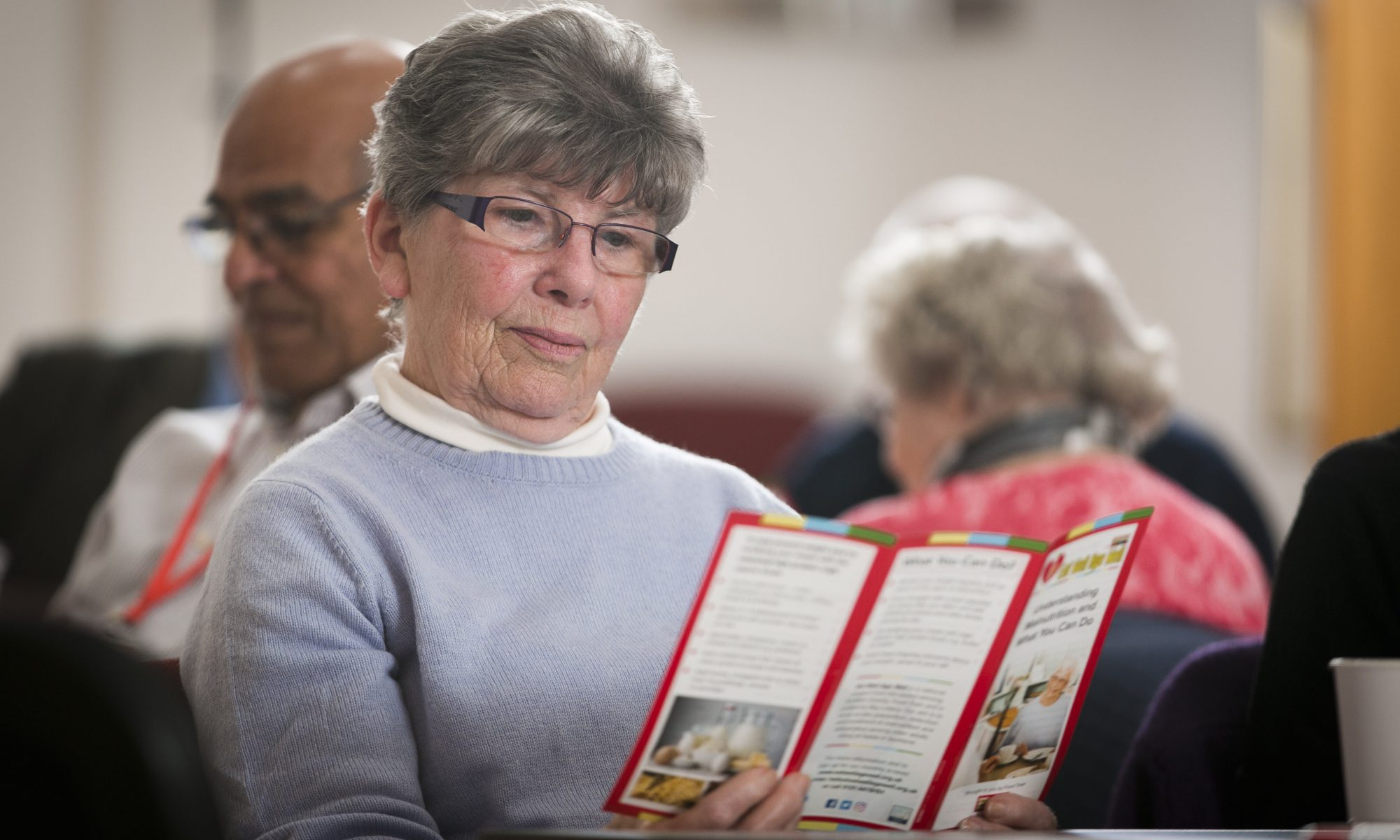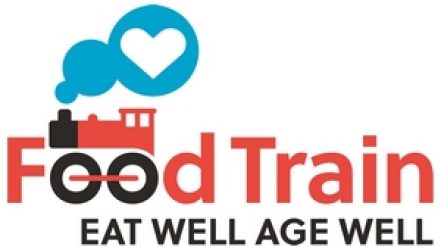Written by Danielle Gray, Digital Communications Officer for Eat Well Age Well

Come January our televisions are flooded with images of shiny gyms and membership offers. Full page adverts are taken out across newspapers and magazines for Weight Watchers and Slimming World. Billboards and bus stops entice us with celebrity cookbooks and exercise regimes. Whilst it’s not unexpected to put on a few pounds over the festive period and a desire to feel fit and healthy is a positive one, this dominant focus on the benefits of losing weight invites a bigger question – is our diet culture damaging for older people?
It’s estimated that 1 in 10 older people in Scotland are at risk or are suffering from malnutrition and, from our own prevalence data, we think this may be an underestimate, with as many 30% of older people living in the community at risk. This problem is predicted to worsen too when you consider Scotland’s ageing population.
Although there are many risk factors that can increase the risk of malnutrition for an older person such as an inability to access local shops or to cook at home, low mood, loneliness and food poverty, there is also a mentality that needs to be addressed to challenge outdated beliefs about ageing.
How many times have you heard that ‘It’s normal to lose weight as you get older?’. Before I started working at Food Train, I believed this was true. I even witnessed it with members of my own family. As they grew older, I noticed them gradually become thinner, and although I could brush off my concerns by telling myself ‘Oh that’s just what happens at that age’, deep down I knew something wasn’t right.

The belief that weight-loss is an inevitable part of ageing is a myth. In fact, it could be a significant red flag that the person is at risk of malnutrition. However, our culture is dangerously fixated on the idea that all weight loss is good and to be praised, yet what we actually need is a message that isn’t a one size fits all policy. How we nourish our bodies changes throughout our lifetime and we need to promote the importance of eating well for the right stage of your life.
For example, the Food First advice for anyone at risk of being under-weight and under-nourished is to increase their calorie intake and the amount of protein in their diet. This can be as simple as using full fat milk or cream in teas, coffees, and cereal, adding butter to potatoes and vegetables, sprinkling cheese on top of meals, or eating more snacks throughout the day. Conveying this message to older people and the wider public can be an extremely difficult one because we are asking people to challenge strongly held messages that have influenced our thinking and behaviour that higher calorie foods are wrong, ‘bad’ and to be avoided. Yet for an older person it could save them from the health consequences from not eating enough.
In 2021 I am making a conscious effort to pay more attention to the language that I and other people use around food, weight and diets, and to keep challenging unhelpful thinking that probably causes harm to us all when we feel the pressure from advertising at this time of year.
If you have any concerns or questions about malnutrition, then please contact Eat Well Age Well for support and advice.

